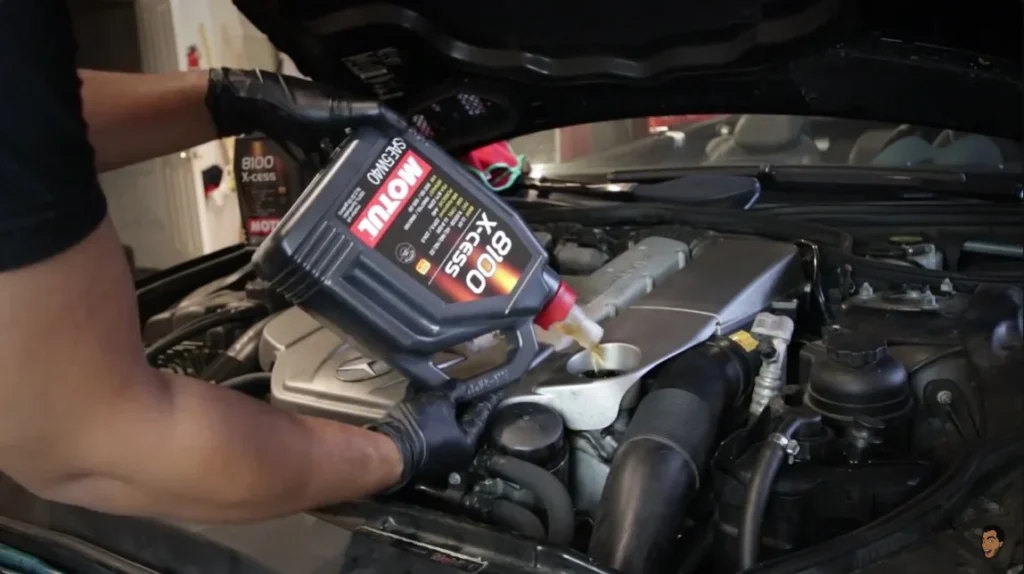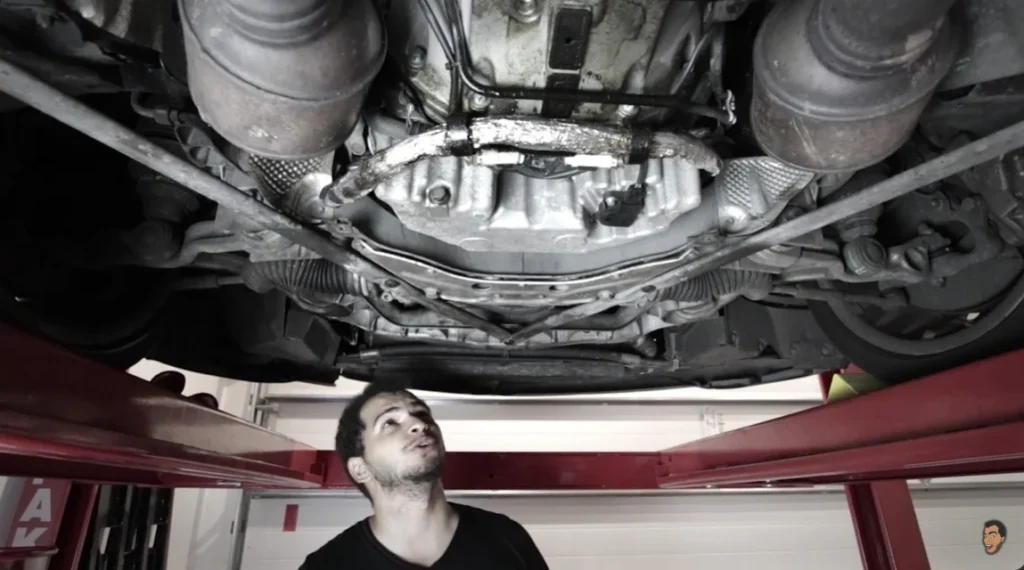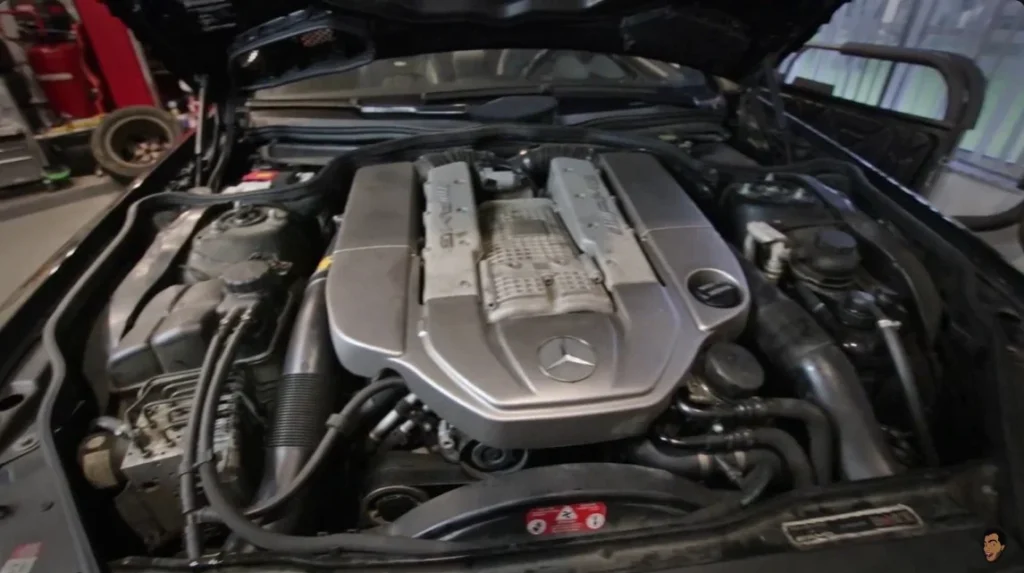The cost of regular car oil changes typically ranges from $35 to $75. Prices vary based on location and vehicle type.
Regular oil changes are essential for maintaining your car’s engine health. Fresh oil ensures smooth operation and prevents wear and tear. The cost varies, but it’s a small price for long-term savings. Most mechanics and service centers offer competitive pricing.
Some factors affecting the cost include the type of oil, your vehicle’s make and model, and labor charges. Synthetic oil changes tend to be more expensive but offer better performance. Regular oil changes can extend your car’s lifespan, improve fuel efficiency, and reduce the risk of engine breakdowns. Prioritizing this maintenance task can save you from costly repairs.
Importance Of Regular Oil Changes
Regular oil changes are crucial for your car’s health. Clean oil keeps your engine running smoothly. It helps prevent costly repairs. Let’s explore why regular oil changes are important.
Engine Health
Oil lubricates the engine. It reduces friction between moving parts. Over time, oil gets dirty and thick. Dirty oil can’t lubricate well. This causes wear and tear on the engine. Regular oil changes keep the oil clean. Clean oil protects your engine. It extends the engine’s life.
Fuel Efficiency
Clean oil improves fuel efficiency. Dirty oil makes the engine work harder. A hard-working engine uses more fuel. Regular oil changes ensure the engine runs smoothly. This saves fuel and money. It also reduces harmful emissions. Keeping the oil clean is good for the environment.

Types Of Motor Oil
Choosing the right motor oil is vital for your car’s health. There are two main types of motor oil: conventional oil and synthetic oil. Each type has its advantages and price points.
Conventional Oil
Conventional oil is the most common type of motor oil. It is derived from crude oil and has been used in cars for decades. This oil is often cheaper than synthetic oil.
Conventional oil is suitable for older cars or those with simple engine designs. It provides adequate lubrication and protection under normal driving conditions.
| Pros | Cons |
|---|---|
| Lower cost | Less durable |
| Widely available | Requires frequent changes |
Synthetic Oil
Synthetic oil is a man-made lubricant designed for high performance. It offers better protection and efficiency compared to conventional oil. This type of oil is often used in modern engines or high-performance vehicles.
Synthetic oil usually costs more, but it lasts longer and performs better in extreme temperatures. It reduces engine wear and improves fuel efficiency.
- Longer oil change intervals
- Better engine protection
- Improved fuel efficiency
Though synthetic oil is more expensive, its benefits may outweigh the cost. Choosing the right type of motor oil can save money in the long run.
Factors Affecting Oil Change Costs
Understanding the factors affecting oil change costs can help you budget better. Various elements influence how much you spend on this essential car service.
Type Of Oil
The type of oil used in your car can significantly impact costs. There are generally three types of oils:
- Conventional Oil: The least expensive, suitable for older vehicles.
- Synthetic Oil: More costly, offers better performance and protection.
- Synthetic Blend: A mix of conventional and synthetic oils, moderately priced.
Choosing synthetic oil can improve your car’s performance. But it will increase the cost of your oil change.
Vehicle Make And Model
The make and model of your vehicle also play a crucial role. Luxury and high-performance cars often require more expensive oil. Some cars need specific oil brands or types, which can be pricier.
| Vehicle Type | Average Cost |
|---|---|
| Economy Cars | $30 – $50 |
| Luxury Cars | $70 – $100 |
| High-Performance Cars | $100 – $150 |
Always check your vehicle’s manual for oil recommendations. This ensures you use the right type and avoid any costly mistakes.

Diy Oil Change Vs Professional Service
Changing the oil in your car is essential. Many car owners weigh the pros and cons of doing it themselves versus hiring a professional. This decision often boils down to two main factors: cost and time.
Cost Comparison
DIY oil changes can be cheaper. You only pay for the oil and filter. On average, you might spend between $20 and $40. Here is a cost breakdown:
| Item | DIY Cost | Professional Service Cost |
|---|---|---|
| Oil | $15 – $30 | Included |
| Oil Filter | $5 – $10 | Included |
| Labor | $0 | $30 – $50 |
Professional oil changes usually cost between $50 and $100. This includes labor, oil, and filter. The higher cost covers the convenience and expertise of a professional.
Time Investment
A DIY oil change may take about 30 to 60 minutes. You need to gather tools, jack up the car, and dispose of the old oil properly.
Professional services are much quicker. At a service center, it often takes less than 30 minutes. You can relax in the waiting area while they work on your car.
Both methods have their pros and cons. Consider your budget and how much time you can spare.
How To Save Money On Oil Changes
Regular car oil changes are essential for maintaining your vehicle’s health. But, the costs can add up quickly. Here are some smart ways to save money on oil changes.
Discounts And Coupons
Using discounts and coupons can significantly reduce the cost of oil changes. Many auto shops offer promotional deals. Sign up for their newsletters to get these offers. Websites like Groupon also provide great deals on oil changes. Check your local newspapers for coupons too.
| Source | Type of Discount |
|---|---|
| Auto Shops | Promotional deals |
| Groupon | Online deals |
| Local Newspapers | Printable coupons |
Keep an eye out for seasonal promotions. Shops often offer discounts during holidays.
Bulk Purchase
Buying oil in bulk can save a lot of money. You can purchase a large container of oil instead of smaller ones. This reduces the price per quart. Many wholesale clubs offer discounts on bulk purchases. Always check for deals at stores like Costco or Sam’s Club.
- Buy large containers
- Check wholesale clubs
- Look for store discounts
Storing oil at home is easy. Make sure it is kept in a cool, dry place. This will ensure the oil maintains its quality.

Choosing The Right Service Center
Finding the perfect service center for your car oil change is crucial. The right place ensures your vehicle runs smoothly without breaking the bank.
Reputation
The service center’s reputation is vital. Ask friends and family for recommendations. Read online reviews and check ratings. A reputable center provides quality service and peace of mind.
Look for certifications and awards. These symbols indicate trustworthy and skilled technicians. A well-known center often has trained professionals.
Service Packages
Service packages can save you money. Compare different centers’ packages. Look for ones that include oil, filter, and labor costs.
Some centers offer membership programs. These programs provide regular discounts and priority service. This can be a cost-effective option for frequent drivers.
| Service Center | Basic Package | Premium Package |
|---|---|---|
| Center A | $30 – Oil change | $50 – Oil change + Inspection |
| Center B | $35 – Oil change | $60 – Oil change + Tire rotation |
Consider what’s included in each package. A slightly higher cost may offer more value. Make sure the services meet your car’s needs.
Choosing the right service center involves research. Check their reputation and service packages. This ensures you get the best value for your money.
Frequency Of Oil Changes
The frequency of car oil changes affects your vehicle’s health. Regular oil changes keep your engine running smoothly. But, how often should you change your car’s oil? This depends on several factors.
Manufacturer Recommendations
Car manufacturers provide guidelines for oil change intervals. These guidelines ensure your car operates efficiently. Usually, you find this information in your car’s manual.
- Older cars: Every 3,000 miles or 3 months.
- Newer cars: Every 5,000 to 7,500 miles.
- High-performance vehicles: As specified in the manual.
Always follow the manufacturer’s guidelines. This helps maintain your car’s warranty.
Driving Conditions
Driving conditions also impact oil change frequency. Tough conditions require more frequent oil changes. Consider the following driving conditions:
| Condition | Frequency |
|---|---|
| Stop-and-go traffic | Every 3,000 miles |
| Short trips | Every 3,000 miles |
| Towing heavy loads | Every 3,000 miles |
| Highway driving | Every 5,000 miles |
| Extreme temperatures | Every 3,000 miles |
Consider these conditions when planning your oil changes. Adapting to driving conditions can save your engine.

Common Myths About Oil Changes
Many drivers have misconceptions about car oil changes. Let’s debunk these myths and understand the facts.
Oil Color
A common myth is that oil needs changing when it turns black. This is not true. Oil can darken quickly but still perform well. The color of the oil does not always indicate its quality. Check the oil levels and consistency instead.
Mileage Intervals
Another myth is that oil must be changed every 3,000 miles. Modern engines and oils have improved. Many cars can go 5,000 to 7,500 miles between changes. Always follow the car manufacturer’s recommendations. They know the best intervals for your specific vehicle.

Frequently Asked Questions
How Much Does A Car Oil Change Cost?
The cost typically ranges from $30 to $75, depending on your car and location.
How Often Should You Change Car Oil?
Most experts recommend changing your car’s oil every 3,000 to 5,000 miles.
What Factors Affect Oil Change Cost?
Factors include the type of oil, car make, labor charges, and location.
Is Synthetic Oil More Expensive?
Yes, synthetic oil generally costs more but offers better performance and longevity.
Can You Change Car Oil Yourself?
Yes, changing oil yourself can save money but requires proper tools and knowledge.
Does Frequent Oil Change Improve Engine Life?
Regular oil changes help maintain engine health and prolong its lifespan.
Conclusion
Regular car oil changes are essential for maintaining vehicle performance and longevity. They help avoid costly repairs and ensure smooth operation. By understanding the costs involved, you can budget effectively. Don’t overlook this small but crucial maintenance task. Keep your car running efficiently with timely oil changes.
Your vehicle will thank you.


